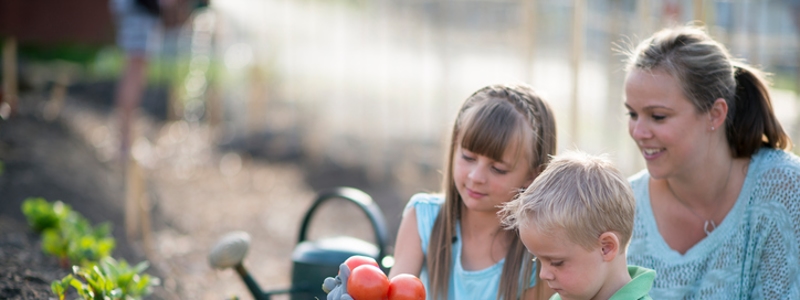The arrival of the summer break doesn’t mean learning has to stop. With nearly two months off school, not keeping learning active can have a huge impact on your child’s education and academic success. Here’s some excellent ways that parents can explore to ensure education continues throughout the summer holidays and stop the dreaded summer learning slide.
Playing games
From board games and educational video games to physical games, there’s so much out there that will help teach your child skills or test their knowledge. Playing card games can help increase number and counting skills, whereas chess can help children work to form strategies. Most board games will help improve concentration skills and usually require maths or general knowledge- Monopoly and Trivial Pursuit even have children editions suitable for all the family to enjoy!
If your child is using technology, make sure instead of logging into Facebook they’re playing some fun but educational video games. There’s a whole load to choose from such as Neuronation, Bitesize or you could even download a few educational apps.
Get in the kitchen
The kitchen is a fantastic place where kids can learn a whole host of different skills, so make sure you encourage them to help you out across the summer break. Even just giving you a hand with breakfast or dinner is sure to develop their basic cooking and baking skills. It will also provide them with the opportunity to follow and read recipes, measure out ingredients, understand units of measurement as well as learning kitchen safety, such as holding knives and operating the oven safely.
DIY experiments
Getting experimental throughout the summer holidays is a great way to make science interesting and fun for your kids! There’s so many easy chemistry activities you can do with items in your kitchen cupboard that can be conducted in the garden. Have a read of our 3 fun science experiments you can do at home blog post. Remember it can be messy but will definitely be beneficial for your children!
Discover the great outdoors
Encourage your kids to get off the sofa and enjoy the great outdoors! For older kids and teens why not get them to learn how to plant and grow some fruit and vegetables? This teaches them all about the planting process but also the growth process, such as how much water is needed and the seeds need to be in direct sunlight. Being outside also means there’s nature everywhere from flowers and plants, to birds, insects and other animals. For younger children, set them up on a nature hunt, encouraging them write down and count each thing they spot. This is a perfect activity to help with counting and spelling skills.
Encouraging Writing
Encouraging your child or teen to practice their writing regularly throughout the summer will ensure they’re constantly improving rather than going backwards. Here’s a few fun ways for your children to write even when they’re out of school.
- Keep a summer holiday journal to record summer memories
- Write a short fictional story
- Help write out weekly shopping lists
- Write a list of activities they want to do over the summer break
Making reading an everyday activity!
Making reading an everyday activity is a fantastic way to keeping learning active throughout the entire summer. Even better, there are so many easy ideas that you can use to encourage kids to read. We guarantee most of them will be fun and exciting, helping your kids learn to love reading, rather than thinking it’s an educational activity only!
- Try the Tutor Doctor Summer Reading Challenge. Find out more here.
- Make a reading chart with an incentive for when they read 5 or 10 books.
- Visit your local library and encourage your children to explore and get inspired. Remember, they don’t have to stick to fiction- reading non-fiction and magazines is still great practice!
- Make sure they pack a book wherever they go- you’ll be surprised at how many opportunities they’ll have to pick it up and read!
- Encourage kids to read anything they can out loud to you. This can be a restaurant menu, a recipe, websites, instructions or signs at a public place you’re visiting.

